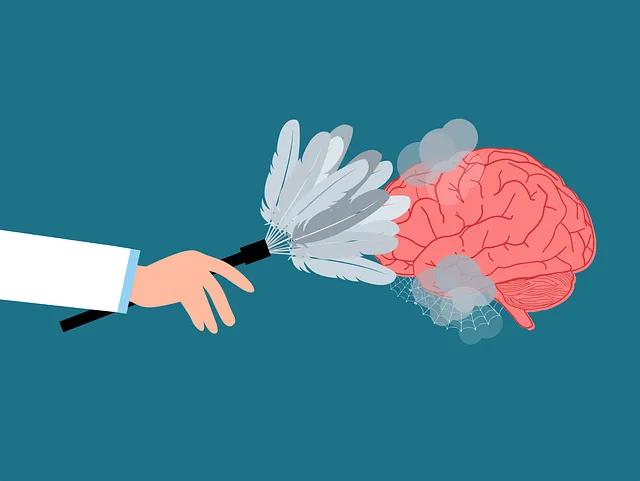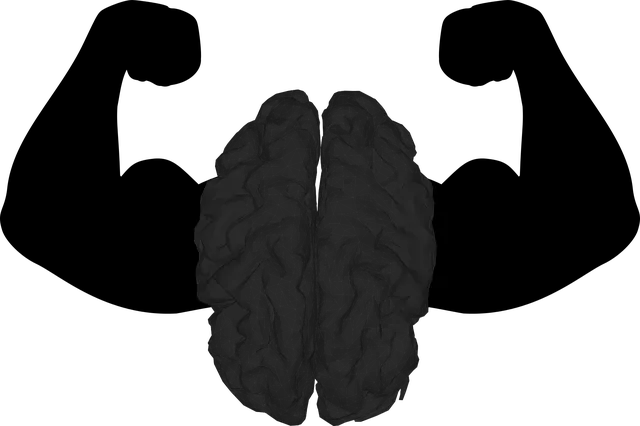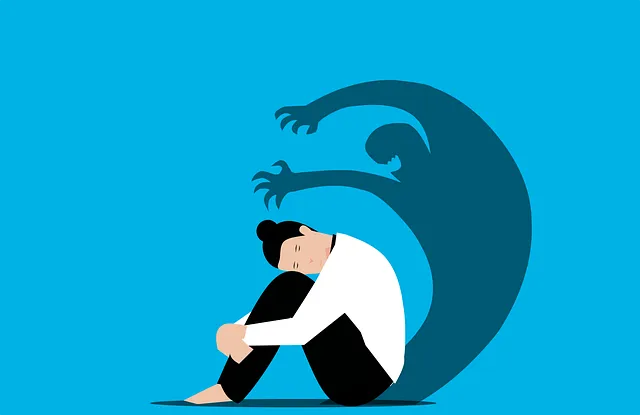Mindfulness meditation, as highlighted in Longmont Kaiser Permanente psychiatry reviews, is a powerful tool for enhancing mental wellness. By focusing on the present moment and accepting feelings without judgment, individuals cultivate emotional regulation, resilience, better decision-making, and stress management skills. Regular practice offers significant benefits, including improved emotional well-being, reduced stress, enhanced focus, and prevention of burnout and depression. To begin, allocate a few minutes daily in a quiet space to focus on your breath or use guided meditation apps. Incorporate brief mindfulness exercises throughout the day for better conflict resolution. Consistent practice, supported by crisis intervention guidance and healthcare provider cultural competency training, helps overcome barriers and deepens the meditation journey.
Discover the transformative power of mindfulness meditation with our comprehensive guide. From understanding its foundational principles to exploring science-backed benefits, this article equips you with valuable insights. Learn practical tips and techniques for beginners, as well as advanced strategies to overcome challenges. Inspired by expert insights from Longmont Kaiser Permanente psychiatry reviews, embrace a consistent practice that promotes mental well-being.
- Understanding Mindfulness Meditation: A Foundation for Practice
- Benefits of Regular Meditation: What Science Says
- Getting Started: Practical Tips and Techniques for Beginners
- Overcoming Challenges: Advanced Strategies for Consistent Practice
Understanding Mindfulness Meditation: A Foundation for Practice
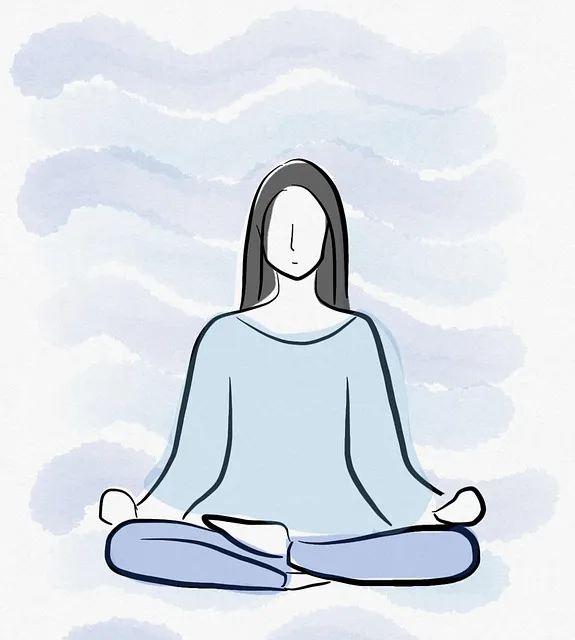
Mindfulness meditation is a practice that focuses on training your attention and awareness to the present moment, acknowledging and accepting your feelings, thoughts, and bodily sensations. It’s not about clearing your mind or blocking out thoughts, but rather observing them impartially. This simple yet profound act of awareness can significantly enhance mental wellness and overall well-being.
At Longmont Kaiser Permanente, psychiatry reviews often highlight mindfulness as a key component in crisis intervention guidance. Regular mindfulness meditation practice can help individuals develop self-awareness exercises that foster emotional regulation and resilience. By cultivating present-moment awareness, one can gain valuable insights into their thoughts and emotions, enabling better decision-making and stress management skills. These practices are accessible to everyone and can be integrated into daily routines, potentially transforming challenges into opportunities for growth.
Benefits of Regular Meditation: What Science Says
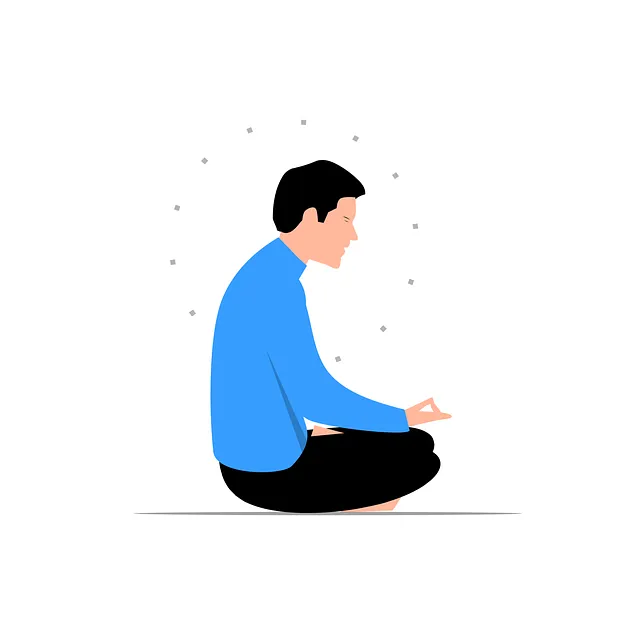
Regular mindfulness meditation has been a topic of growing interest, backed by numerous scientific studies. Research from renowned institutions like Longmont Kaiser Permanente’s psychiatry reviews highlights significant benefits for mental health. Practitioners report enhanced emotional well-being, stress reduction, and improved focus—effects that can be particularly impactful in preventing burnout and depression.
The practice has shown promise in boosting confidence and promoting a sense of calm, as evidenced by various studies. By training the mind to stay present, individuals may develop better coping mechanisms for dealing with daily stressors. This not only prevents but also effectively manages symptoms of anxiety and mood disorders, making it a valuable tool for maintaining mental resilience in today’s fast-paced world.
Getting Started: Practical Tips and Techniques for Beginners

Starting your mindfulness meditation journey can feel daunting, but with the right approach, it becomes an accessible and rewarding practice. Longmont Kaiser Permanente psychiatry reviews highlight the benefits of integrating mindfulness into daily routines for emotional well-being promotion techniques. Begin by setting aside just a few minutes each day in a quiet, comfortable space where you won’t be disturbed. Focus on your breath; notice the rise and fall of your chest or the sensation of air passing through your nostrils. This simple act of paying attention to your body’s natural rhythm is an effective way to cultivate mindfulness.
There are various techniques to explore as a beginner, such as guided meditation apps that offer mental wellness podcast series production tailored sessions for stress reduction and relaxation. These tools often provide clear instructions, making it easier to stay focused. Additionally, incorporating brief mindfulness exercises throughout the day can help build consistency. For instance, when faced with a conflict or stressful situation, take a moment to pause, notice your emotions, and breathe deeply. This mindful response can lead to more effective conflict resolution techniques and enhance overall mental wellness.
Overcoming Challenges: Advanced Strategies for Consistent Practice

Maintaining a consistent mindfulness meditation practice can be challenging, especially when encountering obstacles along the way. For individuals seeking to deepen their commitment to this path, advanced strategies prove invaluable. Incorporating techniques like setting realistic goals and integrating mindfulness into daily routines helps overcome barriers related to time constraints or lack of motivation.
Longmont Kaiser Permanente psychiatry reviews highlight the significance of crisis intervention guidance in supporting individuals through difficult periods. Similarly, healthcare provider cultural competency training equips professionals with tools to foster a safe, inclusive environment for all meditators. By cultivating inner strength and leveraging supportive communities, practitioners can navigate challenges with resilience, ultimately enhancing their meditation journey.
Mindfulness meditation, as explored through guidance from Longmont Kaiser Permanente psychiatry reviews, is a powerful tool for enhancing mental well-being. By understanding its foundations and practicing regularly, individuals can unlock numerous benefits supported by scientific research. While challenges may arise, advanced strategies offer solutions for consistent practice, ultimately fostering a deeper connection with the self and improving overall quality of life.


